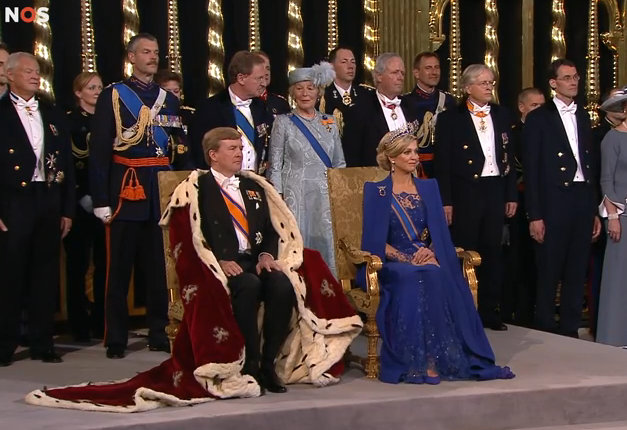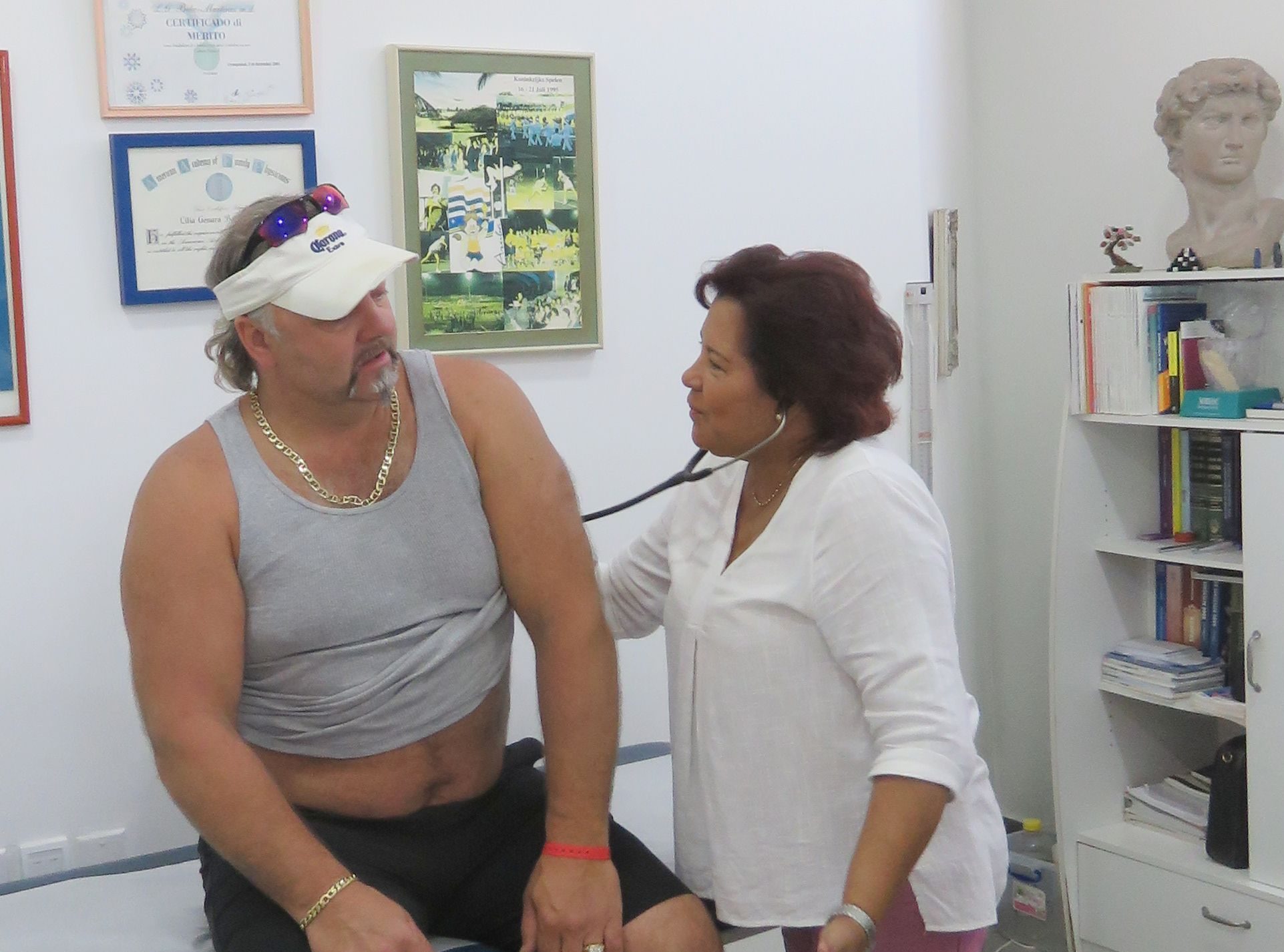(Oranjestad)—Today, our island has the great honor of celebrating King Willem-Alexander. We invite you to learn a bit more about the king and his role as the current monarch.
Willem-Alexander is the first King of the Netherlands since the death of his great-great-grandfather William III in 1890. On April 20, 2013, Willem-Alexander’s inauguration took place at the Nieuwe Kerk in Amsterdam. Willem-Alexander ascended the throne immediately after the abdication of his mother, Queen Beatrix, on the same day.
Willem-Alexander was born in Utrecht as the eldest son of Princess Beatrix and diplomat Claus van Amsberg. He became the Prince of Orange as the heir apparent upon his mother’s accession to the throne on April 30, 1980.
In 2017, Willem-Alexander surprised the public when it was revealed that for 21 years, King Willem-Alexander had been flying as a co-pilot incognito, twice a month, while his passengers were unaware, as reported by a Dutch newspaper. In 2013, Willem-Alexander was commemorated as the king of the Netherlands, yet his role as a co-pilot continued. “I just find flying simply fantastic,” he told De Telegraaf.
Under the constitution, the king, along with the ministers, forms the government. The king represents the Kingdom of the Netherlands at home and abroad. In addition to his formal duties, King Willem-Alexander works in the interests of the Dutch people.
As head of state, it is the king’s duty to unify, represent, and encourage the people.
The ministers, not the monarch, are responsible for government actions, and the ministers are accountable to Parliament for what they do and say. The ministers, together forming the cabinet, are responsible for decision-making.
The king holds weekly meetings with the prime minister, regularly meets with ministers and state secretaries, signs all laws and royal decrees (KB), and ratifies international treaties as part of the government. At the State Opening of Parliament on the third Tuesday of September, he delivers his Throne Speech, in which the government announces its plans for the upcoming parliamentary year.
The constitution requires the monarch to appoint, dismiss, and swear in all ministers and state secretaries. In view of this constitutional role, and upon the request of Parliament, the king may be kept informed of all developments in the formation process.
The monarch is officially the president of the Council of State, a historic role that is purely symbolic in nature. The Council of State provides the government and Parliament with independent advice on legislation and governance and also serves as the highest administrative court in the country. In addition to the plenary meetings attended by the king, the Council of State consists of an Administrative Jurisdiction Division and an Advisory Division, whose meetings do not involve the king. Accordingly, the king is not involved in practice in the two main areas of activity of the Council. The vice-president is responsible for the day-to-day management of the Council of State and presides over its meetings.
Positions held by King Willem-Alexander since April 30, 2013:
President of the Council of State;
Member of the Board of the Archives of the House of Orange-Nassau Foundation;
Member of the Board of the Crown Property Trust;
Member of the Board of the Royal Gifts Trust.
Honorary positions held by Willem-Alexander since April 30, 2013:
Patron of the Oranje Fonds (together with Queen Maxima);
Patron of the Royal Netherlands Academy of Arts and Sciences;
Patron of the Praemium Erasmianum Foundation;
Patron of the Royal Netherlands Academy of Arts and Sciences (KNAW);
Patron of the Royal Netherlands Association of Military Order Knights;
Patron of the Dutch Literature Society;
Patron of the Bible Society of the Netherlands;
Patron of the Netherlands Association for Trade and Industry (‘de Maatschappij’);
Patron of the Association of Dutch Nobility;
Patron of the War Graves Foundation;
Patron of the Historical Archery Association of Limburg;
Patron of the Historical Association Orange-Nassau (museum);
Honorary Member of the International Olympic Committee (IOC).
Source: royal-house.nl

















